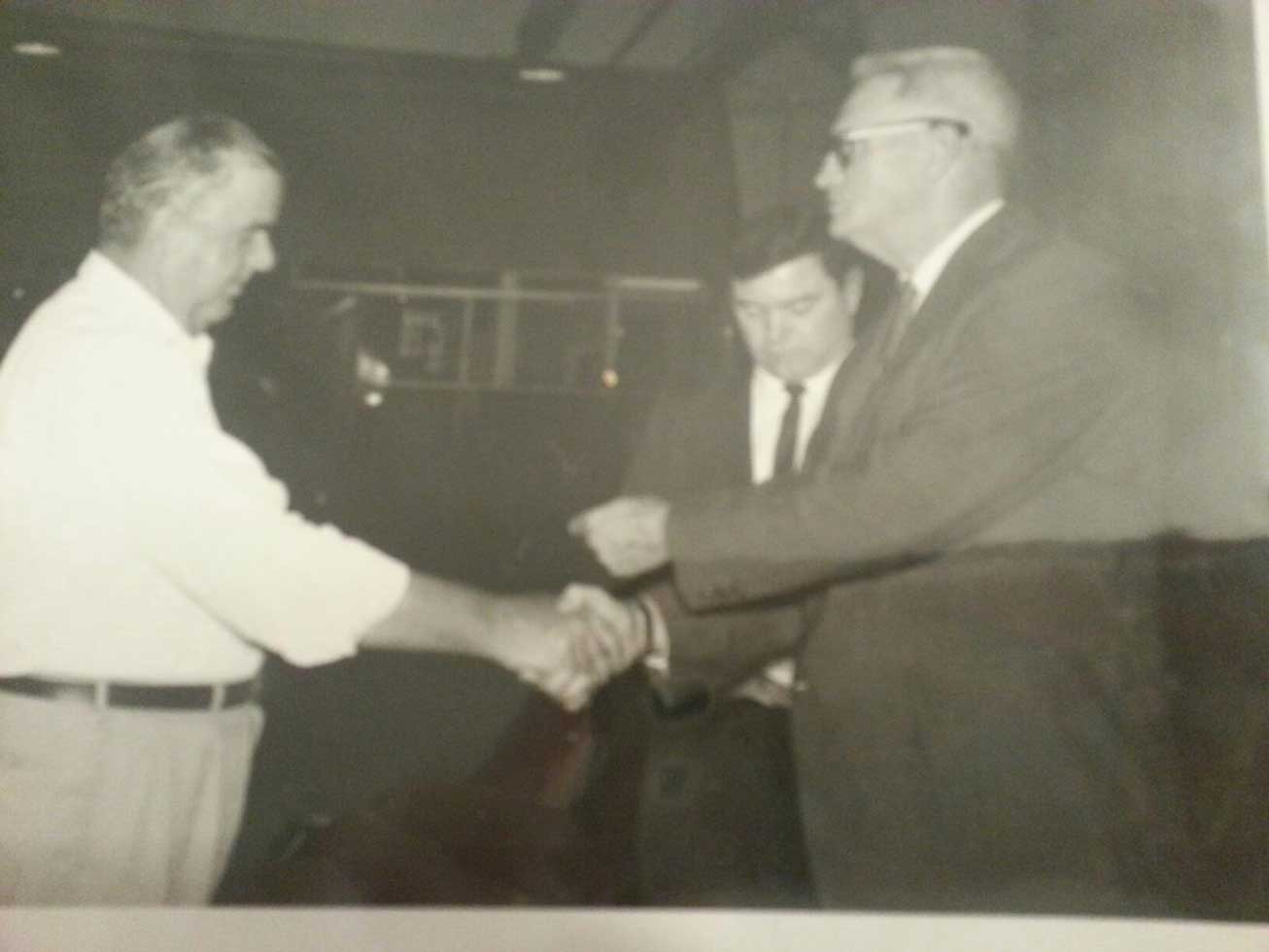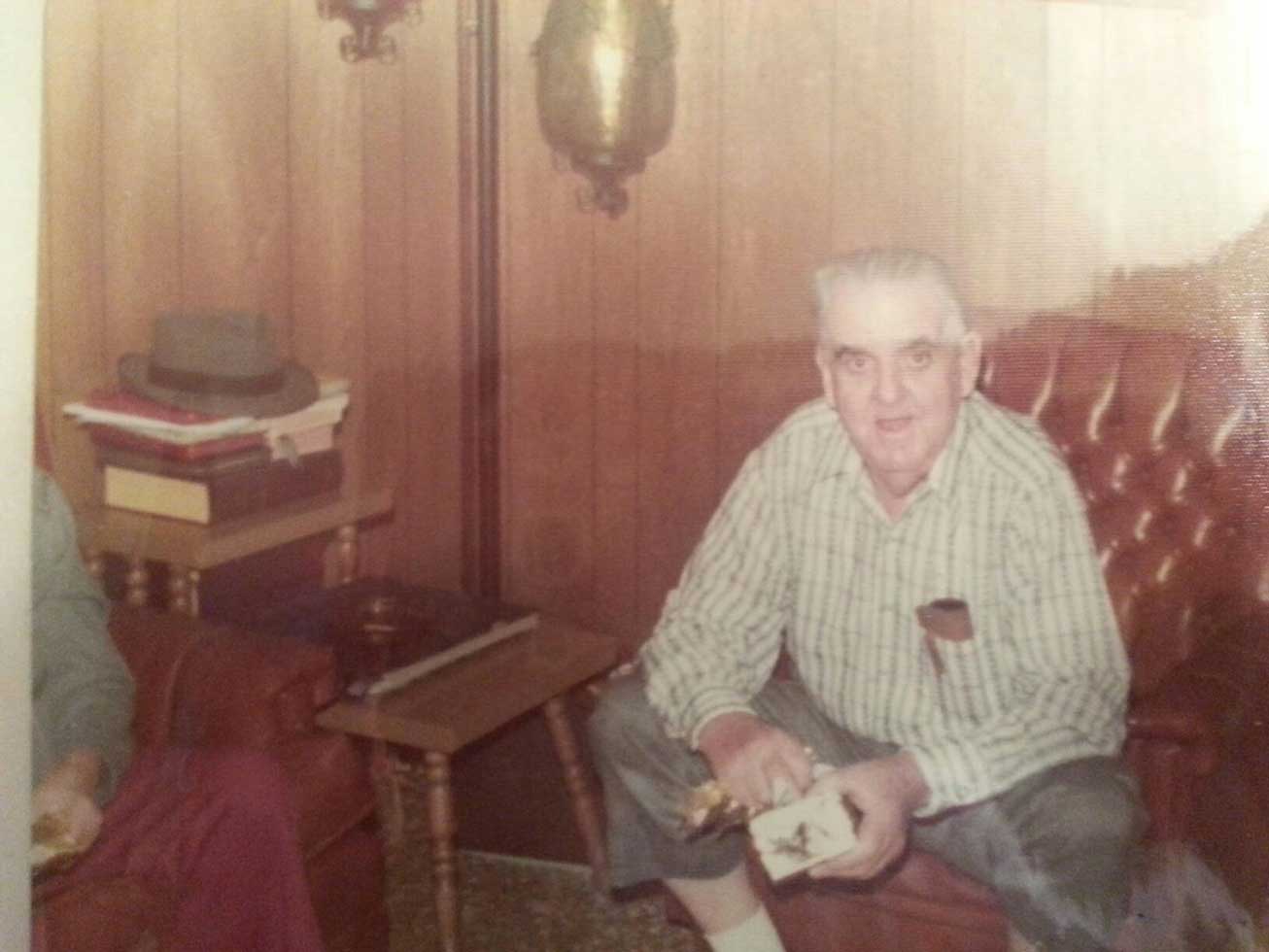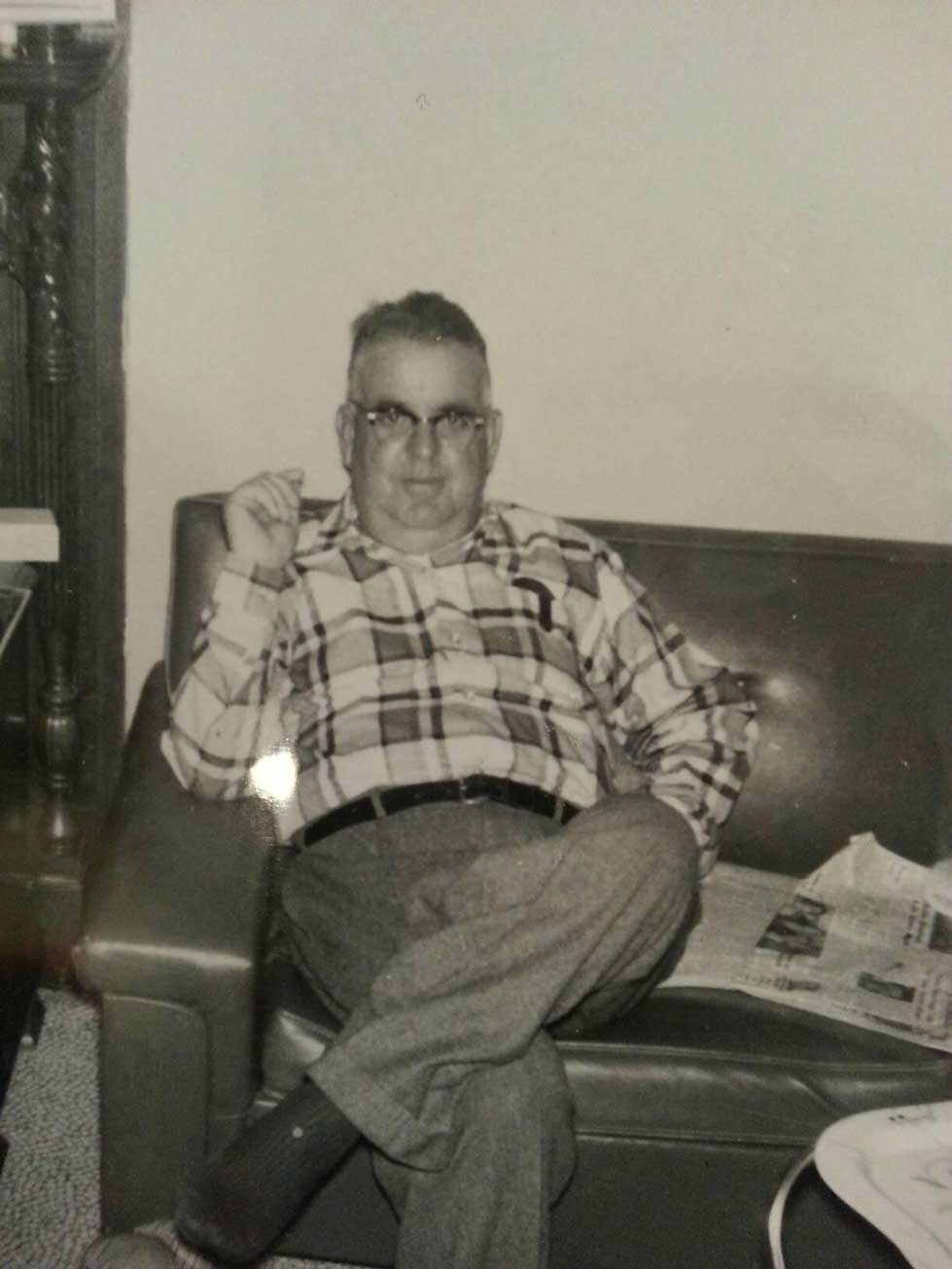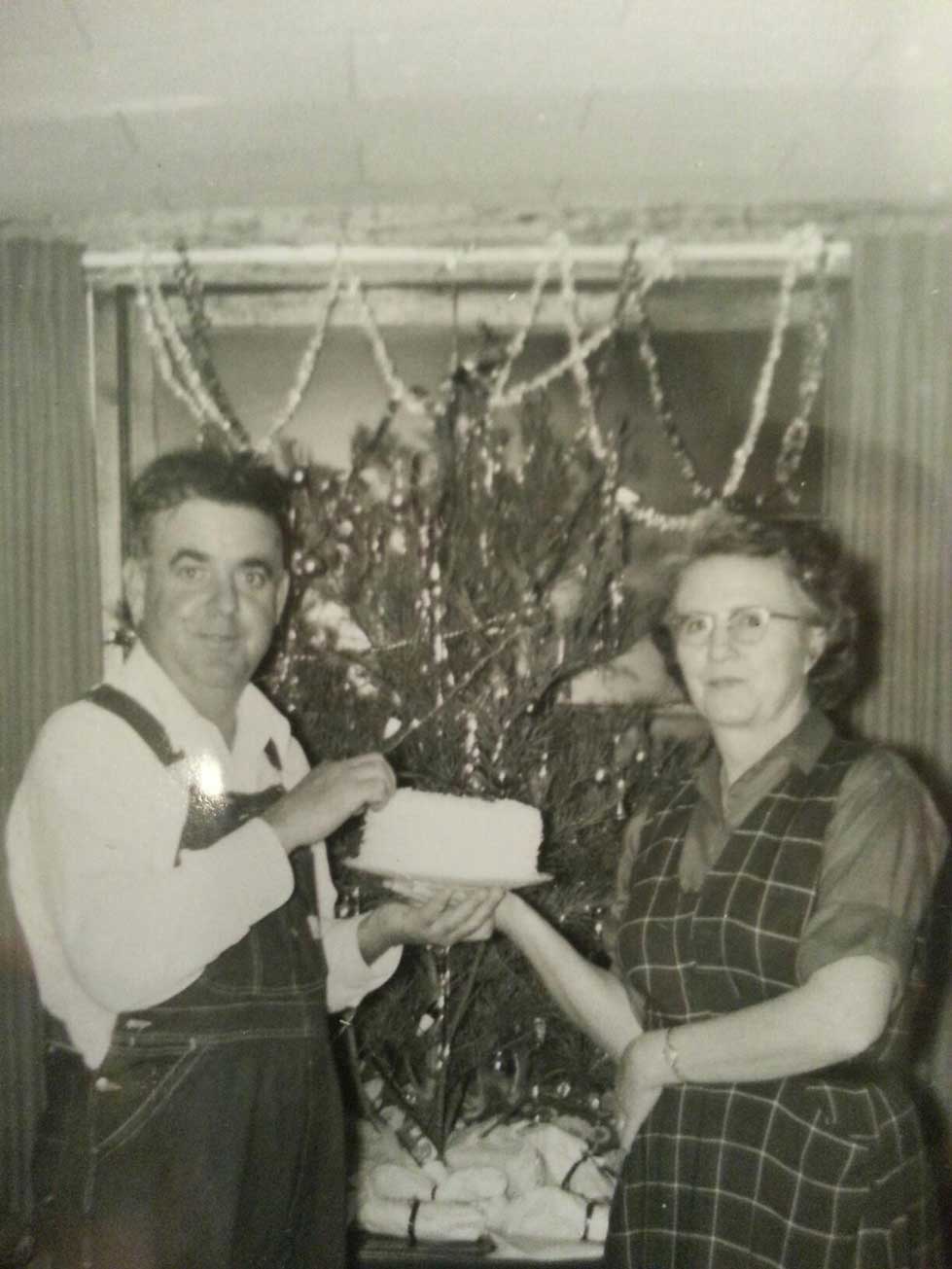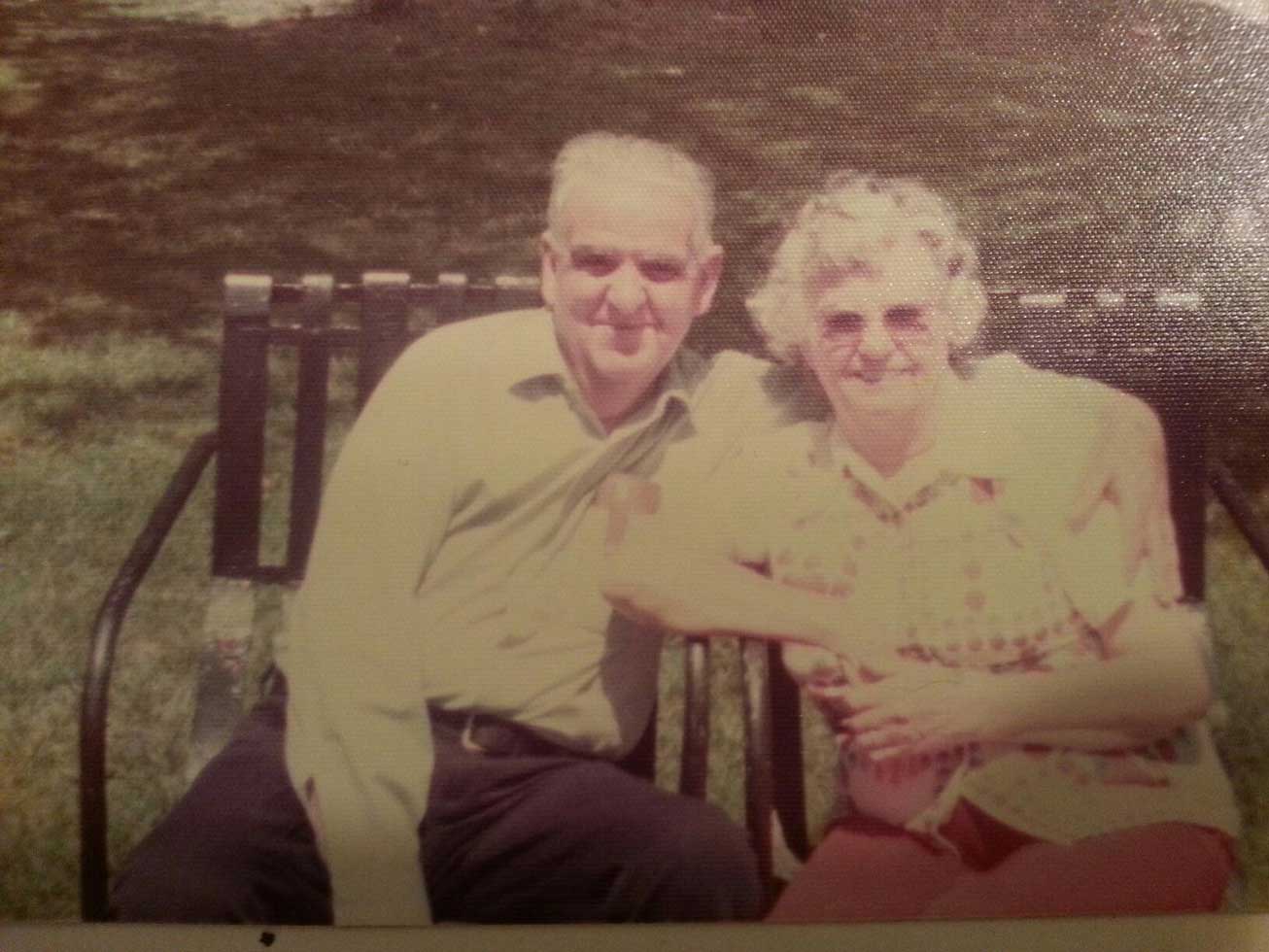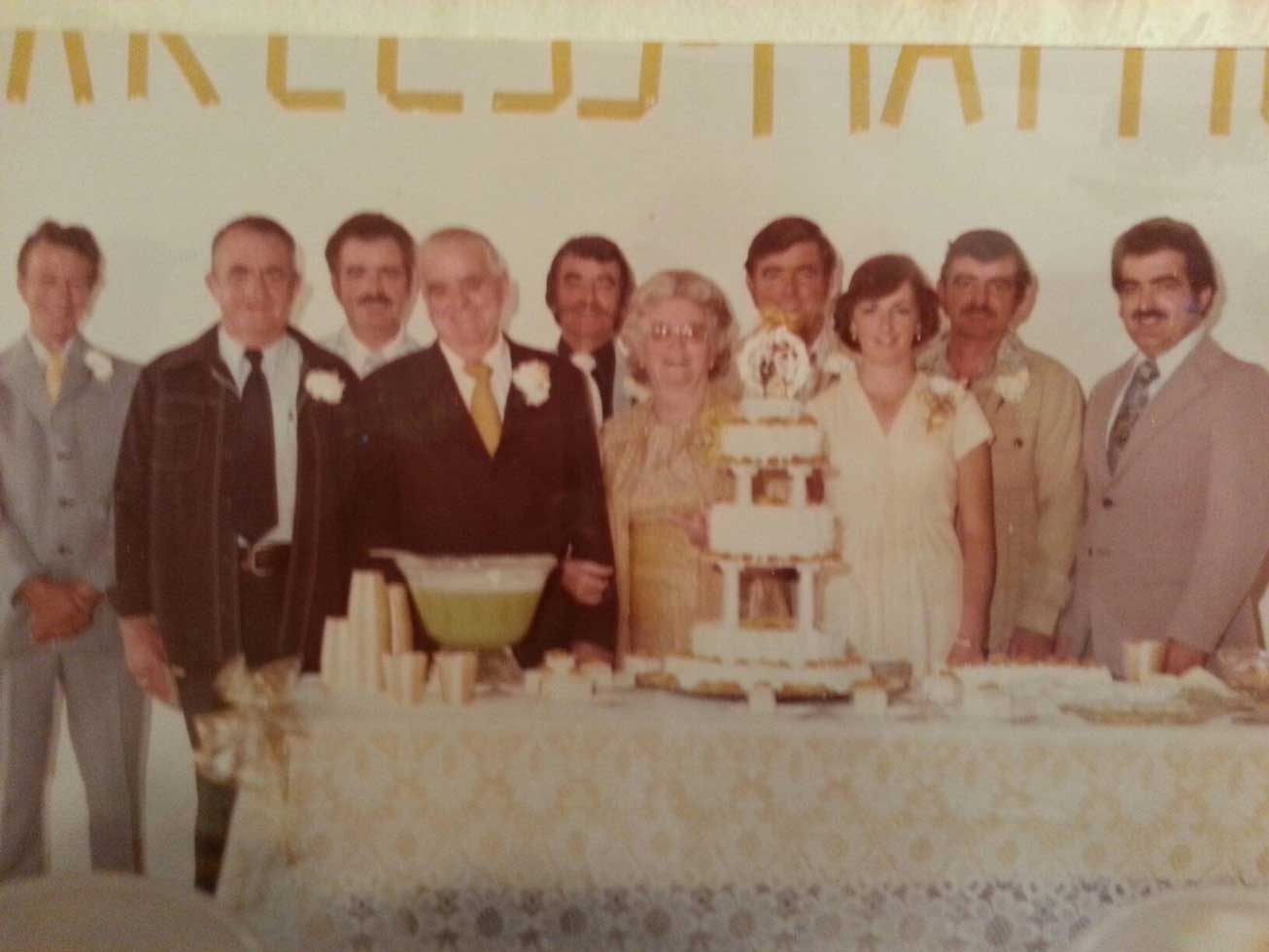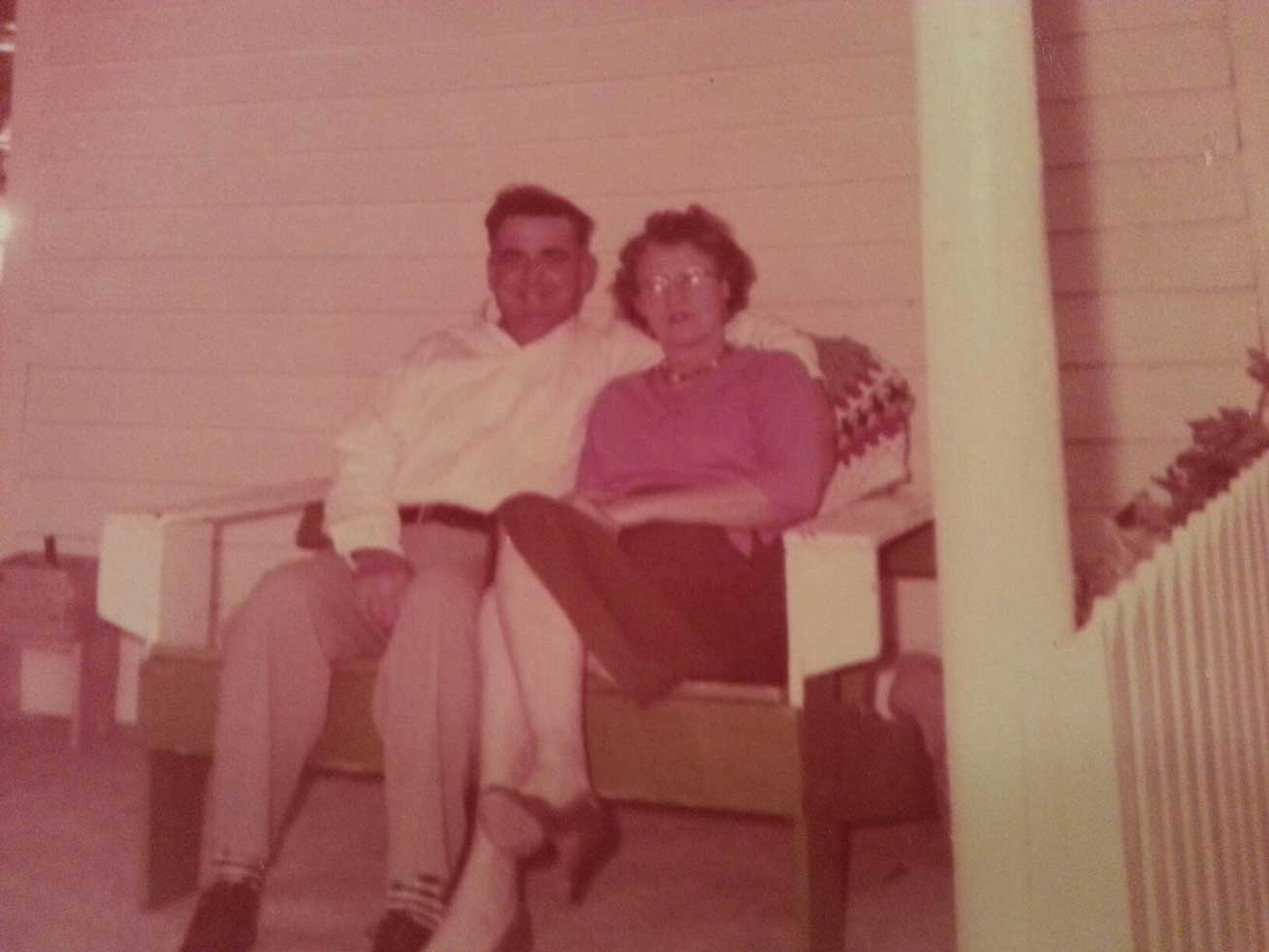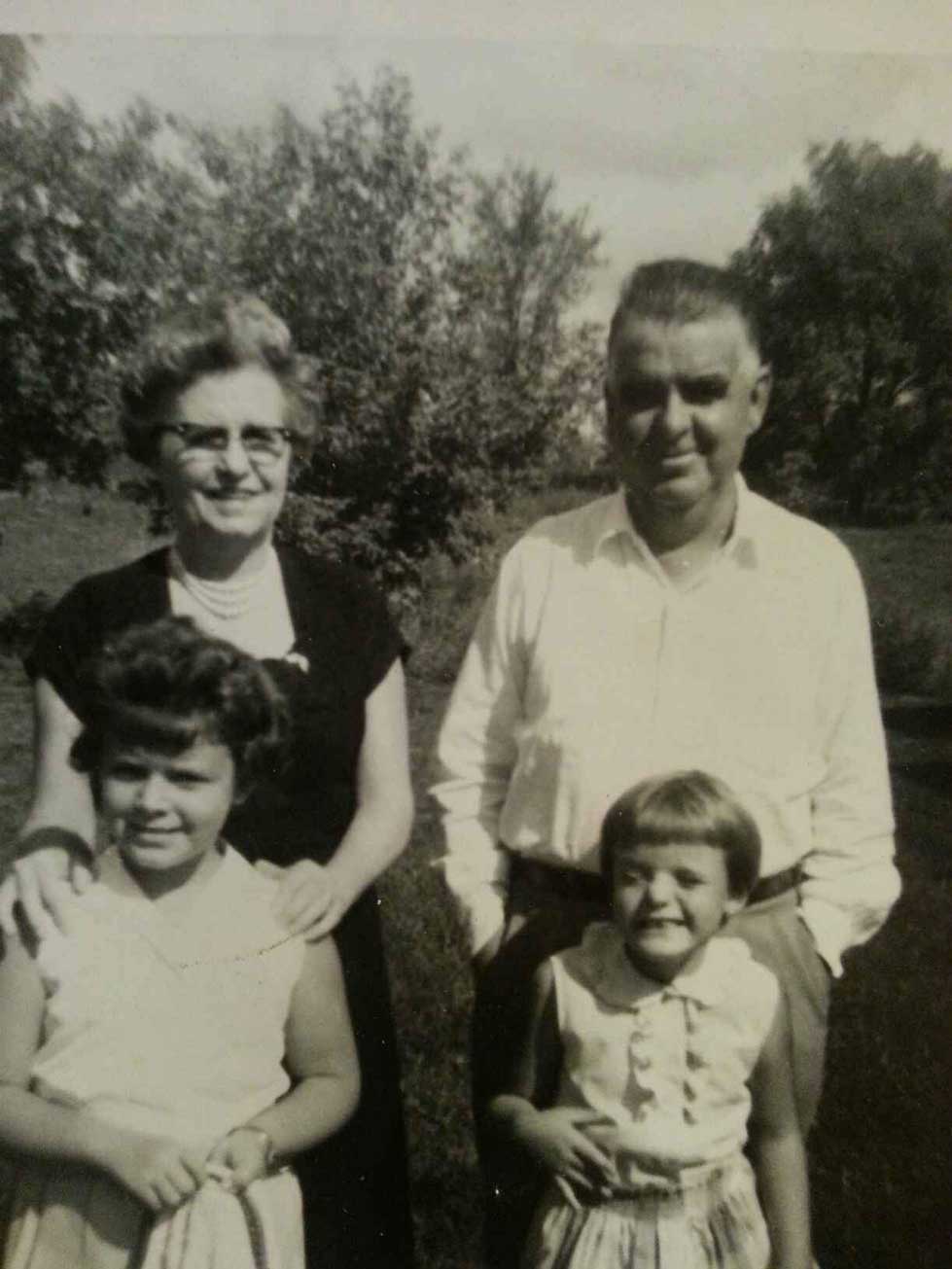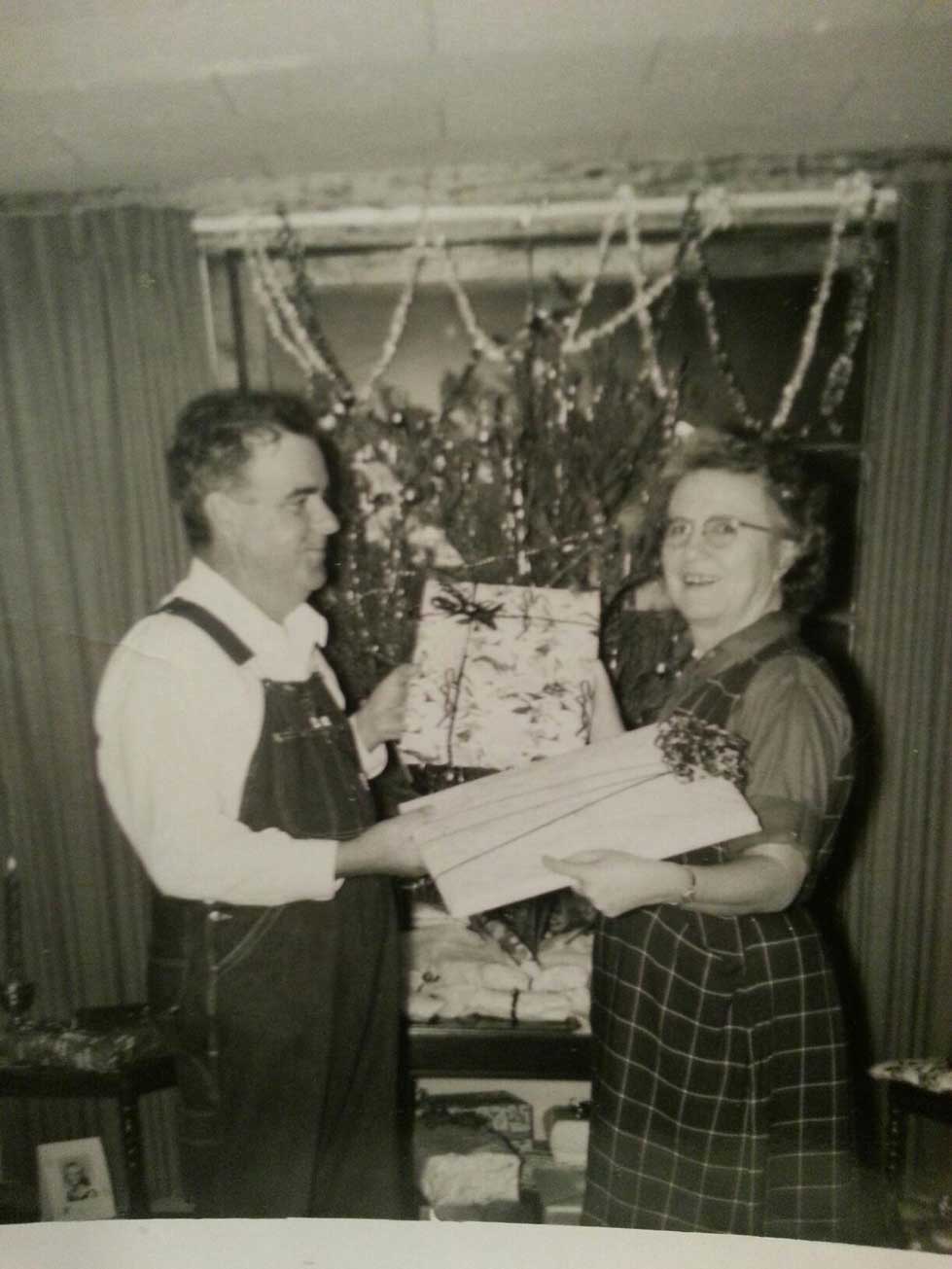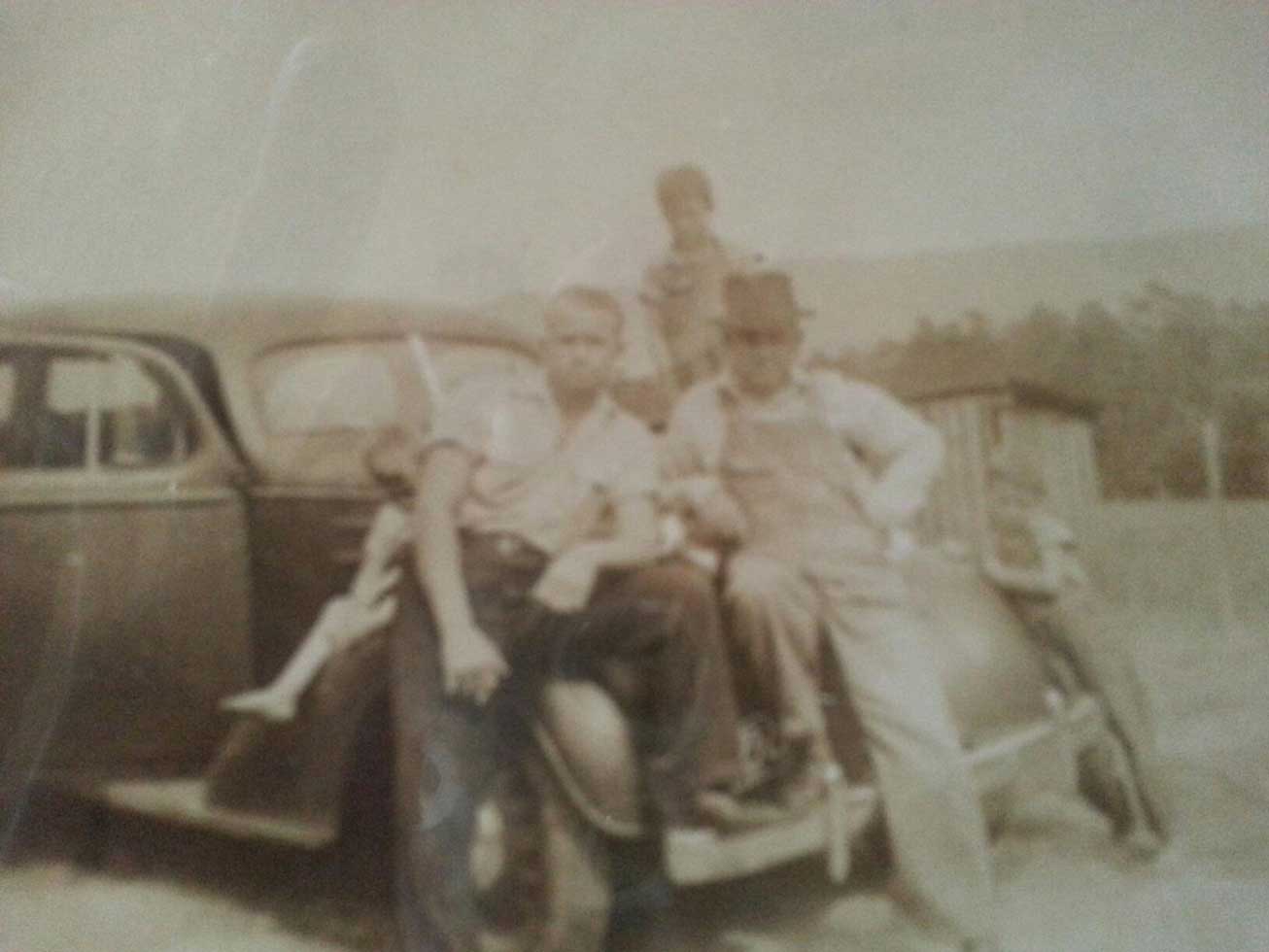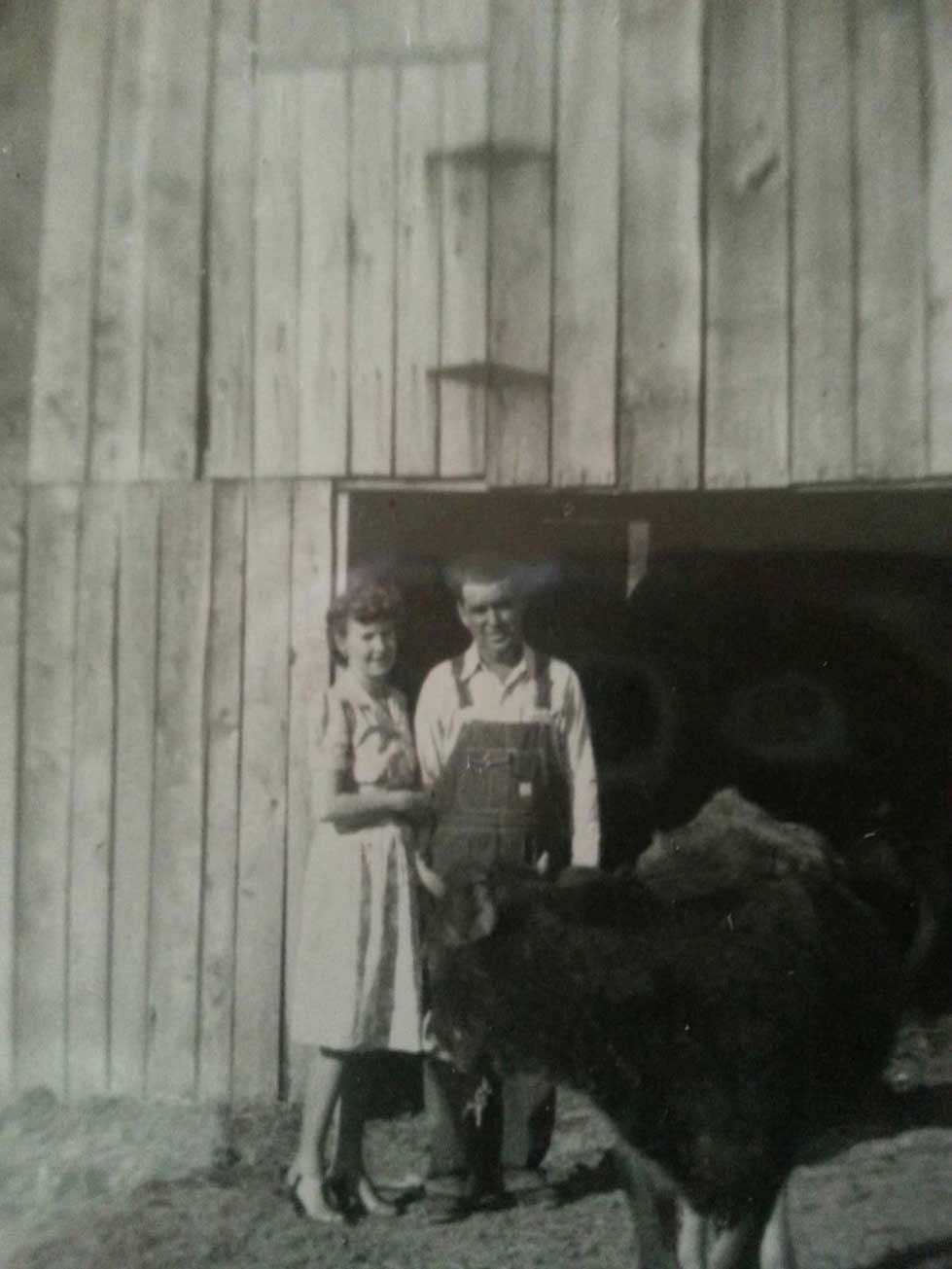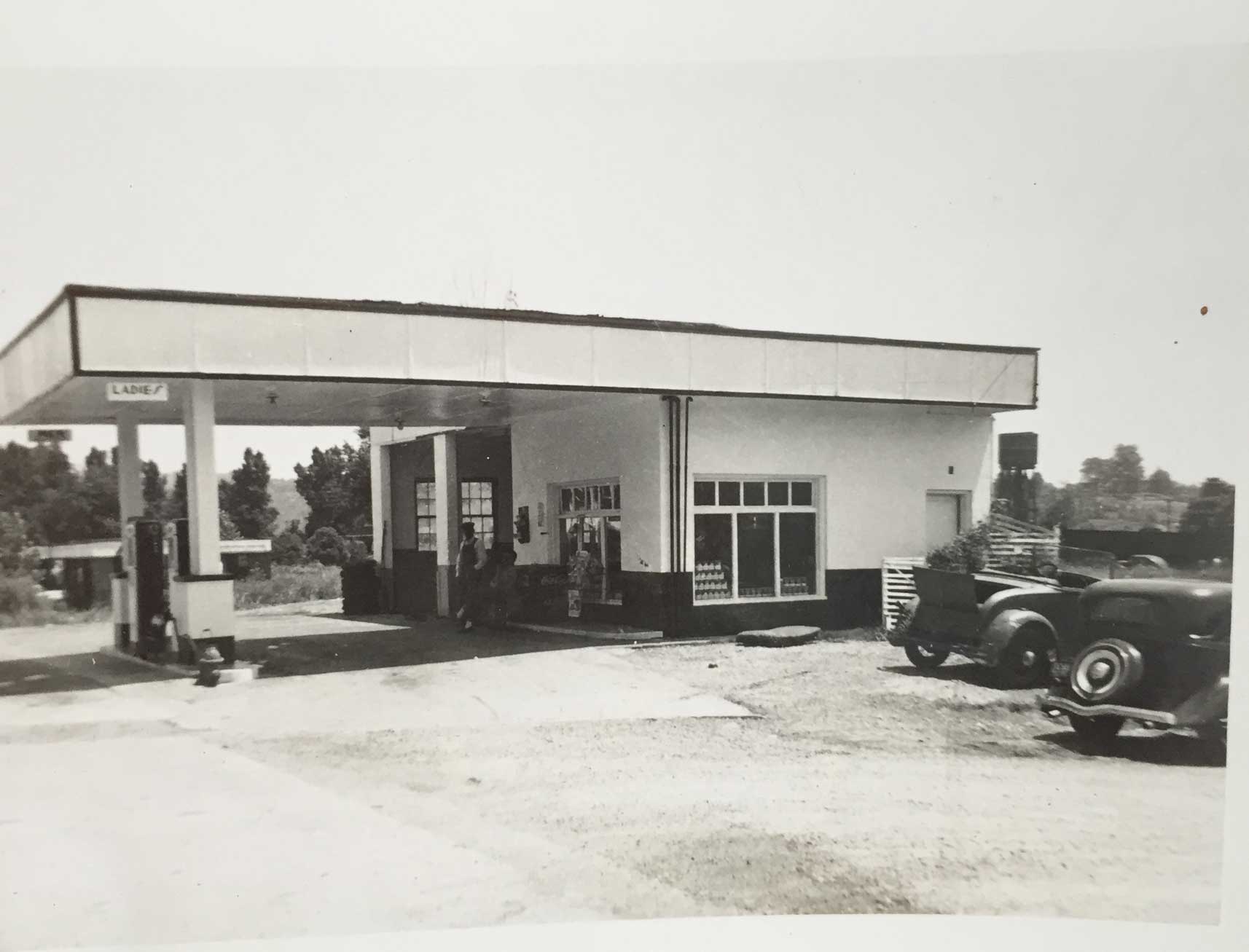
It was 1909, and horse drawn buggies kicked up dust in the then-infant town of Etowah. With the Great Smoky Mountains as a backdrop, a new railroad depot became center stage for the drama of people arriving to find their roles in life.
Harless Hugh Blair was born that year into a farm family just outside Etowah, a town that opened its arms to those who could work for themselves. As a young man, he raised chickens and cows, chopped wood, wore dirty bib overalls.
It wasn't always easy. But as Etowah grew, so did Harless Hugh. He married Mattie, became a butcher. Others may have stuck with the parts they'd found to play in life. Harless Hugh, though, wanted more.

As the buggies gave way to cars, he looked to the future and opened a service station.
He still wore those practical overalls. But now they sported an occasional oil spot and crumbs from his wife's pies, and perhaps some drops of the honey he sold from bees he kept on the farm.
Soon another generation of Blairs -- eight children in all -- came of age. One of them, Charles, heard the call of what would become known as a family trait.
Eager for something new, he joined one of the nation's great migrations. Like thousands of men from the south, Charles moved to Michigan, marrying and finding well-paying work on the line in a Flint auto plant. He worked hard. He and Betty, who grew up picking cherries on a Michigan farm, raised four children.
But home, wherever it is, remains home. So years later, Charles and Betty packed up and moved back to Tennessee. Hoping to get as far as they could from the cold steel of the ever-pushing assembly line, they opened a flower shop, of all things, amid the magnolias and dogwoods.
One of their four children, Debbie, stayed behind up in Flint. She married Bill Edmonds, who became a policeman near Bay City. It was a new generation. But still the old ways remained.
Bill eventually put down his badge and took up a brush, finding success in the painting business. Deb eventually opened The Loft on Johnson, a successful consignment store selling furniture and home goods in a former hardware store.
And then one day, their daughter Lyndsay -- generations and hundreds of miles from Harless Hugh and Etowah -- was home from Florence, Italy, and walked into a coffeehouse on Bay City's main street.
Lyndsay had taken off to college, first to Michigan's snowy Upper Peninsula, then to sunny Florida. She sold everything she owned to backpack halfway around the world, returned home, worked for her mom, then left for Florence to teach English.

But there was always that draw to come home.
Lyndsay knew she wanted to work for herself. The coffeehouse owner wanted out, and Lyndsay wanted in. It was the right place at the right time.
From Etowah, Tennessee, north to Bay City, Michigan, the story of H+H -- the initials honoring the memory and spirit of Harless Hugh Blair -- is the story of family entrepreneurs who didn't just take opportunities but created them.
Today, Etowah is a modern American town, not quite bustling but not as dusty as it started out. The old town depot has been lovingly restored. And the florist shop, Blair's Bo-Kay, remains in business and in the family. Charles Blair still puts in time there when he's not out dancing.
In Bay City, where another old train depot has been restored, Harless Hugh's descendants find new ways to carry on their family traditions in a downtown of small shops, historic architecture and people who are making a change.
Harless + Hugh Coffee, a center for friendly conversation, thrives just a couple short blocks from the depot. In a happy coincidence, the cafe occupies what once was a flower shop, run by a man named Edmund, close to Lyndsay's own name.
Soon to open, Harless + Hugh Public House will help bring people back to a quiet corner of downtown with craft cocktails in a former limousine garage.
Harless + Hugh Flea, a second life for the Loft, will fill another downtown storefront.
And life goes on. Harless Hugh Blair would have loved it.




